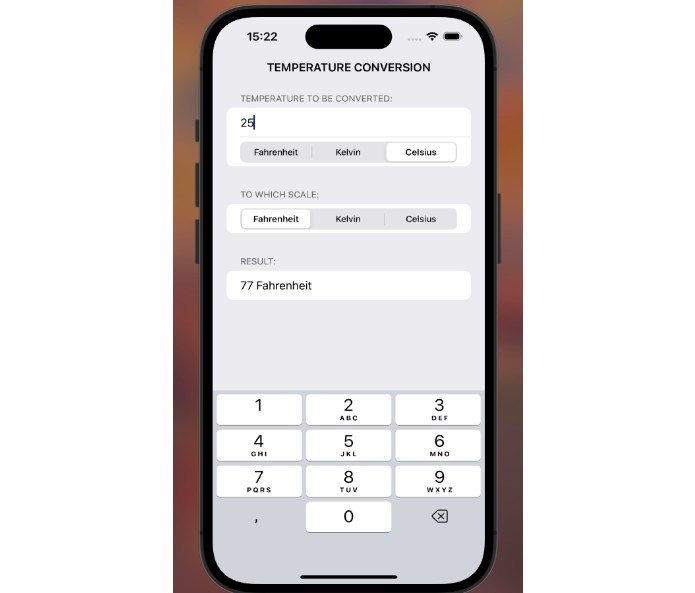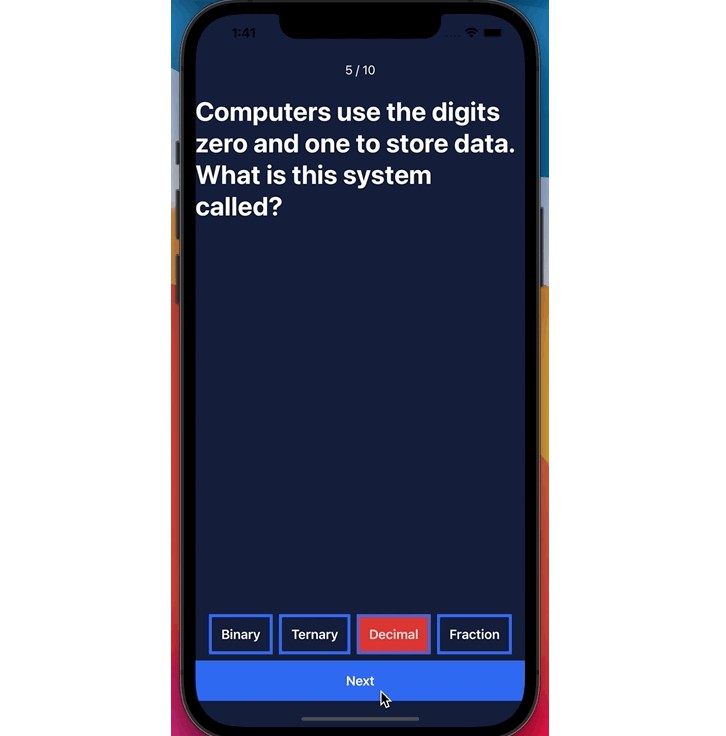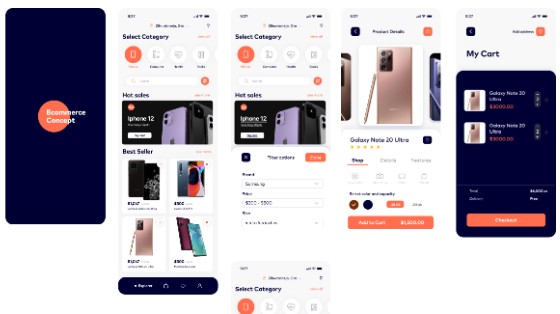DirectJSON
A Swift package which enables you to use JSON intuitively as if in JavaScript. Just use dots to access the JSON structure like this:
let brand : String? = theCarsOf2023.json.ev.popular[0].brand
Not much to learn
DirectJSON will extend the String type and you will be able to access any part of a JSON String through the .json property. It’s using @dynamicMemberLookup to decode the path you want to access.
You can work with any String that is a valid JSON String. Let’s look at the following:
// This is our JSON String
let countryData = "{\"name\" : \"Türkiye\", \"facts\" : {\"population\" : 85000000, \"GDP\" : 815} , \"tags\" : [\"Europe\", \"Asia\", \"Middle East\"] }"
//Access a property value
let name : String? = countryData.json.name
//Access a property value as any Codable Swift Type
let population : Int? = countryData.json.facts.population
//Access a property using a custom Decoder
let population : Int? = countryData.json.facts.population.jsonDecode(myCustomDecoder)
//You can convert the JSON String directly to any Codable Swift Type
let country : Country? = countryData.json.jsonDecode()
//Access array values using index
let firstTag : String? = countryData.json.tags[0]
Installation and Usage
DirectJSON uses Swift Package Manager and all platforms are supported, add it to your project like any other package.
Using Xcode:
In Xcode click File->Add Packages....
On the top right corner There is a textbox that says Search or Enter Package URL.
Copy and Paste https://github.com/mrtksn/DirectJSON.git in it. Wait until package data is loaded and click the Add Package button. Follow the instructions to finish adding the package.
Using Package.swift:
Alternatively, you can add the package by editing your Package.swift file. On your dependencies, add the URL as shown here.
// swift-tools-version:4.0
import PackageDescription
let package = Package(
name: "YOUR_PROJECT_NAME",
dependencies: [
.package(url: "https://github.com/mrtksn/DirectJSON.git", from: "1.0.0"),
]
)
Then run swift build command.
How to use:
Once you add the package, you can simply include the package and start using it like this:
import DirectJSON
// ready to use. Just add .json to any String to access the functions
let stars : Int? = "{\"stars\" : 10}".json.stars
// result: Optional(10)
Comes with a few tools
The following API can be useful to streamline yourworkflow:
Turn any Swift object(that conforms to Codable) into a String
let car = try? JSON.encode(someCarObject)
// result: {"brand" : "Tesla", "type" : "ev"}
Get a part of the JSON String as a String
let evs = theCarsOf2023.json.ev.stringify()
// result: {"popular" : [car1, car2 ...], "topSpeed" : [car9, car3 ...]}
Cookbook
Swift is a Typed language, JavaScript and consequently JSON are not. This creates hardships when converting from JavaScript into Swift.
Here we will list ideas on how to solve some common issues like this.
Working with Arrays containing multiple types:
let jobDescription = "{\"title\" : \"developer\", \"tags\" : [\"php\", \"js\", \"swift\", 2022, 2023]}"
var years = [Int]()
switch jobDescription.json.tags{
case .arrayType(let arr):
years = arr.compactMap({ $0.getValue() as? Double }).map({Int($0)})
default:
break
}
print("years:", years)
//result: years: [2022, 2023]
Limitations
At this time fragmanted JSON is not supported. This is because Apple’s JSONDecode also does not support JSON fragments.


